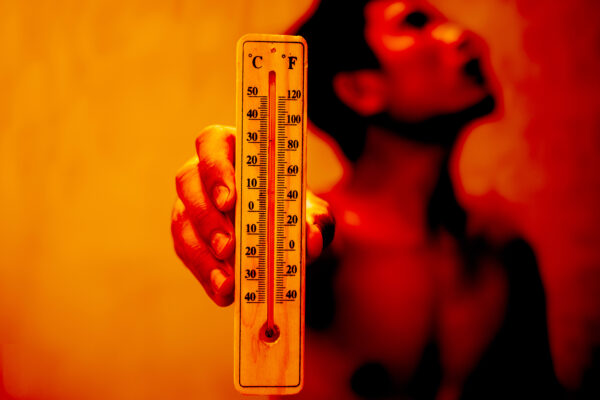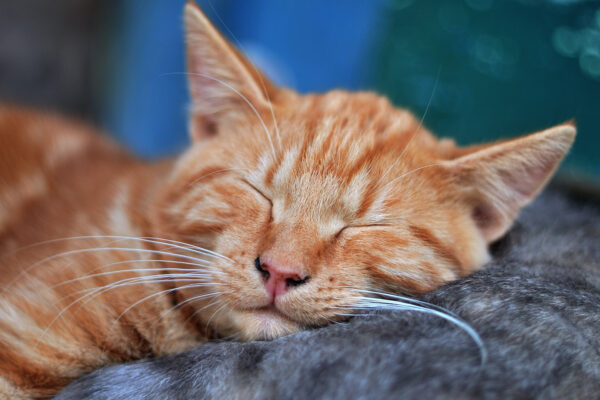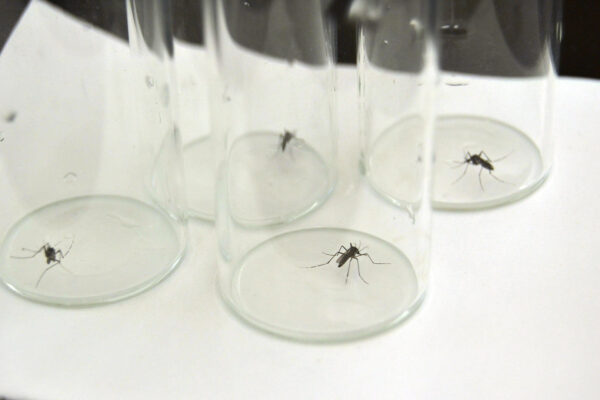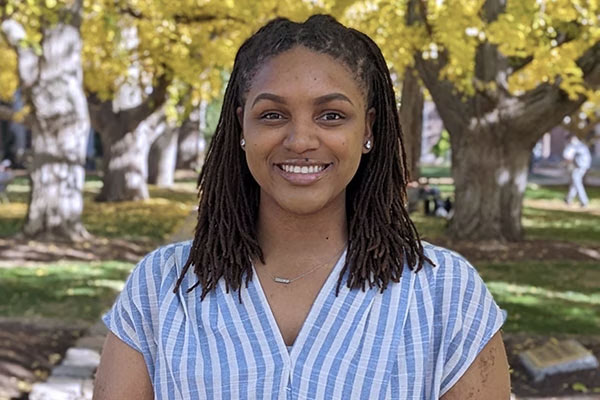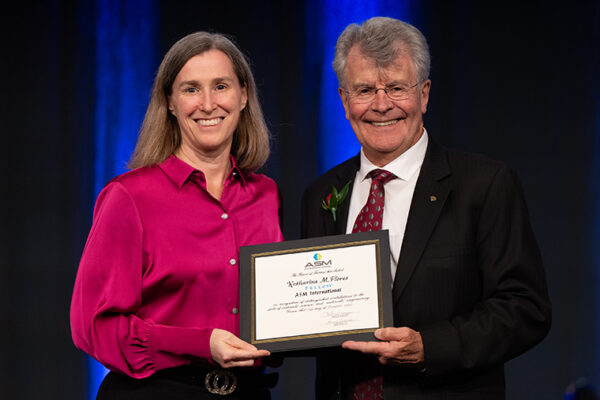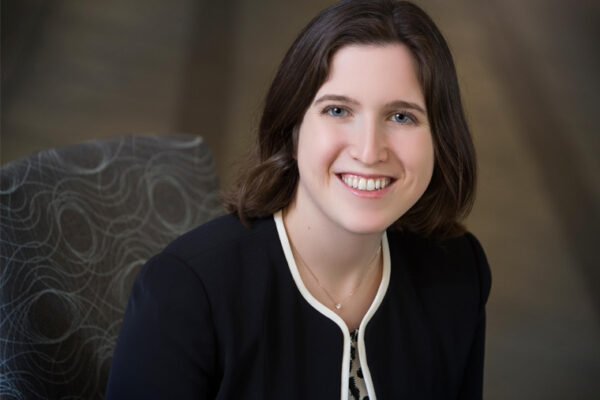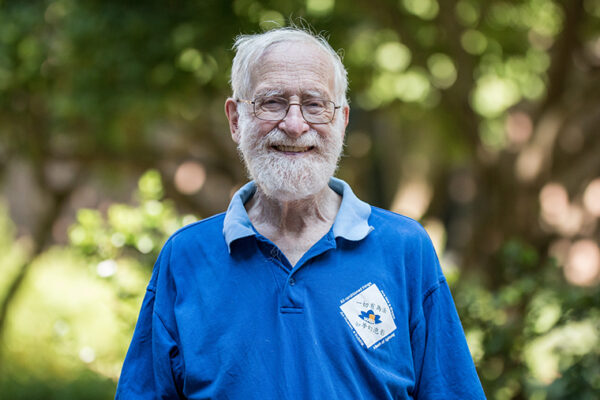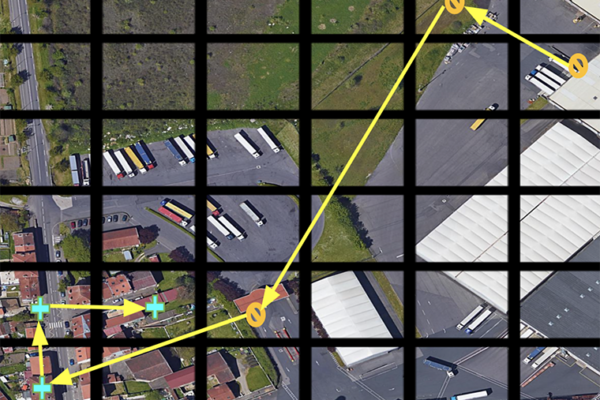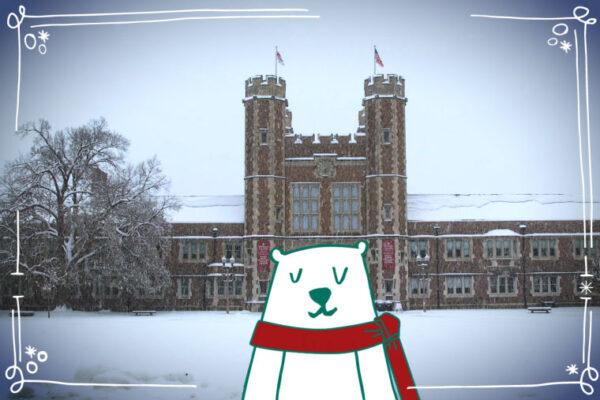Four factors that drove 2023’s extreme heat
2023 was the hottest year in recorded history. Michael Wysession, a professor of earth, environmental and planetary sciences in Arts & Sciences, explains four factors that drove the year’s extreme heat and climate disasters — and what this means for the future.
Old research, new readers
Some Source stories from years past continue to attract new readers. Here, we check in with WashU researchers in linguistics, psychology, engineering and other disciplines to learn more about their work and how the research has progressed.
Why do we sleep? Researchers propose an answer to this age-old question
Sleep helps restore the brain’s operating system to a critical state, according to new findings from biology and physics researchers in Arts & Sciences.
Some mosquitoes like it hot
Certain populations of mosquitoes are more heat tolerant and better equipped to survive heat waves than others, according to new research from Washington University in St. Louis.
Hodges receives geospatial diversity fellowship, Dean’s Select Fellowship
Nia Hodges, a second-year master’s student studying data analytics and statistics at the McKelvey School of Engineering, recently won a Diversity Fellowship Award from the Taylor Geospatial Institute, a collaboration that aims to advance geospatial technology.
Flores named ASM Fellow
Katharine M. Flores, the Christopher I. Byrnes Professor at the McKelvey School of Engineering, has been elected a Fellow of ASM (American Society for Metals) International for her contributions to the field of materials science and engineering.
Parker receives Morgan Early Career Award
Kimberly Parker, an assistant professor of energy, environmental and chemical engineering at the McKelvey School of Engineering, won the 2024 James J. Morgan Early Career Award from the American Chemical Society.
Peter R. Phillips, professor emeritus of physics, 92
Peter R. Phillips, a professor emeritus of physics in Arts & Sciences, died Friday, Dec. 1, 2023, in St. Louis. He was 92 years old.
Meta-learning to find every needle in every haystack
A visual active search tool developed by Nathan Jacobs, Anindya Sarkar and Yevgeniy Vorobeychik at the McKelvey School of Engineering combines deep reinforcement learning with traditional active search methods.
Have a green holiday – reduce energy, recycle lights
The Office of Sustainability offers tips for reducing energy use during the winter break. It’s also hosting the annual holiday lights recycling drive through Feb. 2.
Older Stories
